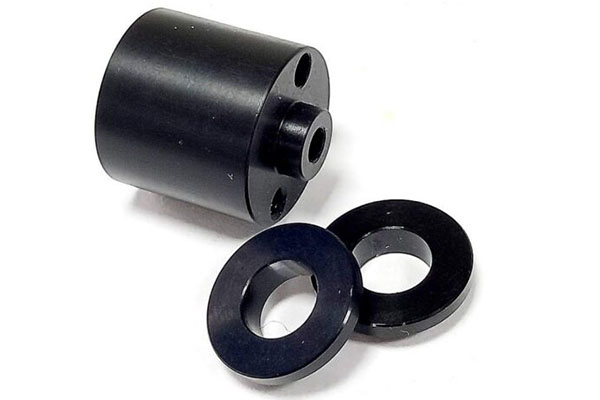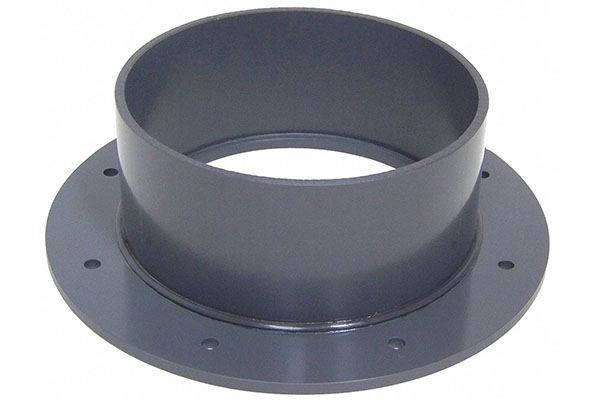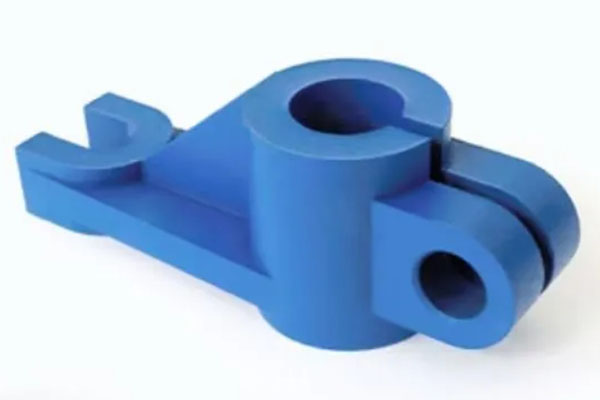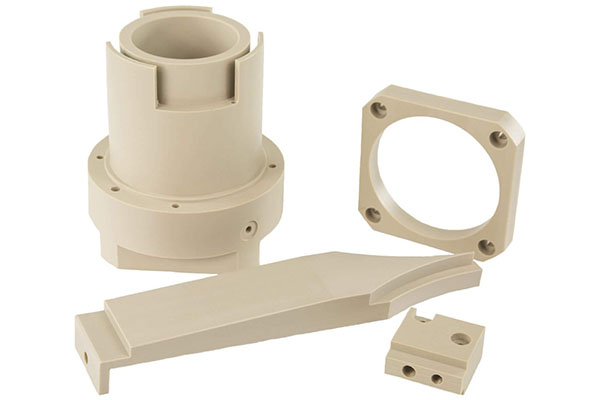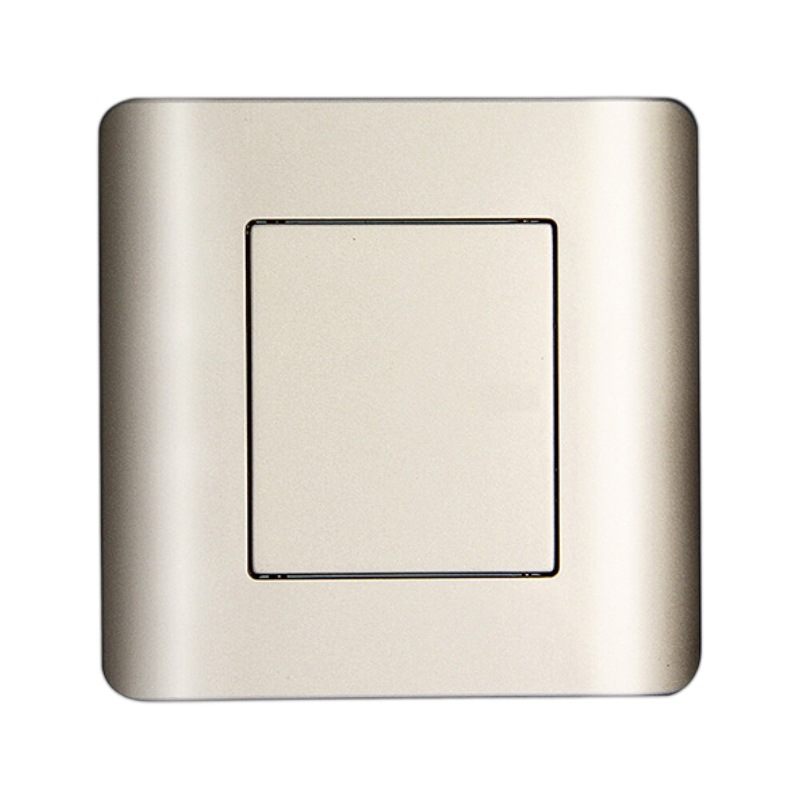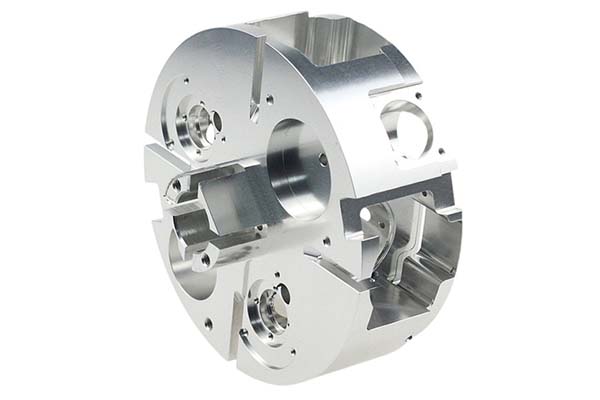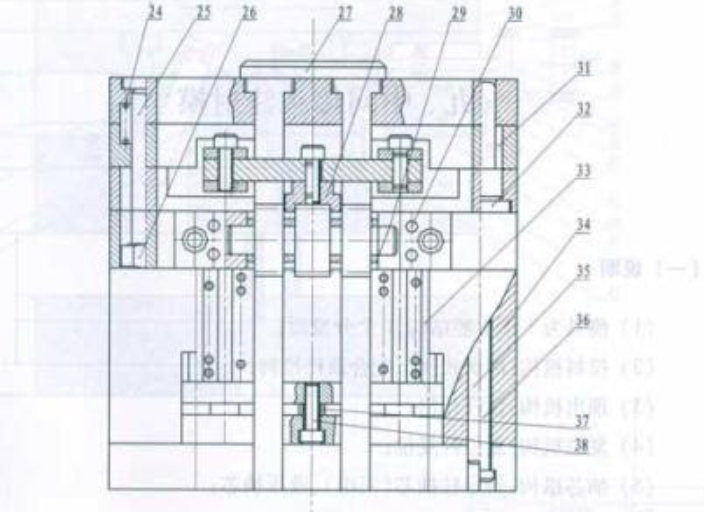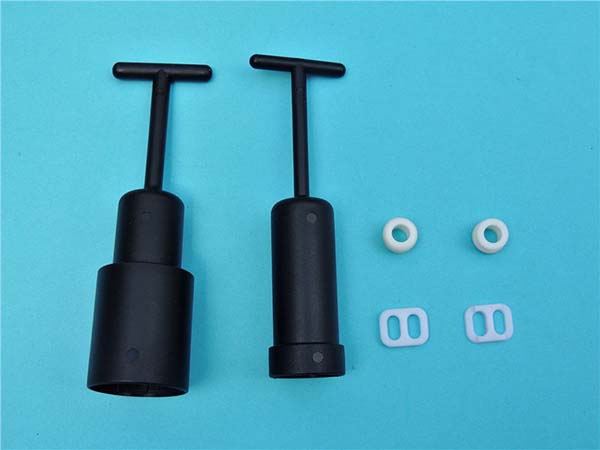CNC turning is a cornerstone of modern manufacturing, transforming raw material into precise cylindrical parts. At the heart of this process is CNC programming for turning, the set of instructions that dictates every movement of the machine. Whether you're a machinist looking to deepen your expertise or an engineer optimizing production, understanding the nuances of turning programming is critical. This guide dives deep into the core questions that define professional practice, moving beyond basic G-code lists to explore the why and how behind efficient, accurate, and reliable lathe programming. We'll navigate coordinate systems, toolpath strategies, and the critical parameters that separate a good program from a great one.
What Defines CNC Programming for Turning?
CNC programming for turning is the process of creating a coded instruction set for a computer numerical control (CNC) lathe or turning center. Unlike milling, turning involves the workpiece rotating while a stationary cutting tool removes material to create cylindrical, conical, or faced features. The programmer's role is to translate part blueprints into a logical sequence of machine commands, optimizing for accuracy, surface finish, and cycle time. This involves selecting tools, defining cutting paths, calculating speeds and feeds, and implementing compensations for tool wear and geometry. A deep understanding of the machine's capabilities, material properties, and the physics of the cutting process is what truly defines expert-level turning programming. For instance, programming a complex hydraulic piston rod requires not just contouring skills but also knowledge of heat dissipation in the material to prevent thermal distortion during deep cuts.
Which Coordinate System Suits a Turning Center?
The standard coordinate system for a turning center is a two-axis system: X and Z. The Z-axis is parallel to the spindle axis, with positive Z typically moving the tool away from the spindle face. The X-axis is radial, with positive X moving the tool away from the centerline of the spindle. This differs from milling, where the Z-axis is vertical. A key concept here is the difference between diameter programming and radius programming. Most modern CNC turning controls use diameter programming for the X-axis, meaning an X command of U10.0 moves the tool to a 10mm diameter, not a 10mm radius. This intuitive system aligns directly with part print dimensions. Programmers must also understand the machine reference point and work coordinate system (WCS), usually set using G50 or G54-G59 codes, which establish the program's zero point relative to the part.
How Do G-Codes Differ for OD vs ID Cuts?
While the fundamental G-codes (like G00 for rapid traverse, G01 for linear interpolation) are the same, the strategy and considerations for OD (Outer Diameter) and ID (Inner Diameter) cuts differ significantly.
| Aspect | OD Turning | ID Turning (Boring) |
|---|---|---|
| Primary Contouring G-Codes | G71 (Roughing) / G70 (Finishing) or G01/G02/G03 for linear/circular interpolation. | G71 (Roughing) / G70 (Finishing) often used, but tool clearance is a major concern. |
| Tool Geometry | Turning or profiling tools with positive or neutral rake. | Boring bars, which are longer and more susceptible to deflection and vibration. |
| Chip Evacuation | Generally easier, chips fall away. | Can be challenging; requires peck drilling (G74) cycles and proper coolant flow. |
| Surface Speed (SFM) | Constant for a given diameter. | Decreases as the bore diameter gets smaller, requiring RPM adjustments. |
| Tool Nose Radius Compensation (TNRC) | Applied with G42 for facing towards the chuck or turning away from the chuck. | Applied with G41 for boring towards the chuck or facing inside a bore. |
Example: When roughing an OD (G71), the tool can safely move in two axes simultaneously. For a deep, small-diameter ID, a peck boring cycle (G74) is often essential to break chips and prevent jamming, which isn't typically needed for OD work.
Where Does Tool-Nose Radius Compensation Fit?
Tool-nose radius compensation is a non-negotiable concept for precision turning. Every turning insert has a finite nose radius, not a perfectly sharp point. Without TNRC (activated by G41 for left compensation or G42 for right compensation), the toolpath follows the center of this radius, leading to dimensional errors, especially on tapers and arcs. TNRC instructs the control to offset the toolpath by the radius value, ensuring the cutting edge contacts the programmed contour. The tool geometry orientation (a 1-9 code in the tool offset registry) tells the control where the tool's imaginary "tip" is relative to the part. For example, a standard OD turning tool is often set as orientation "3". A classic mistake is programming a sharp corner—this is impossible with a rounded insert and will cause an undercut unless a chamfer or radius is programmed.
When to Switch from Roughing to Finishing Passes?
The transition from roughing to finishing passes is a balance between efficiency and final part quality. The switch should occur when:
- Approximately 0.5mm to 1.5mm of stock remains on the diameter, depending on material stability and required finish.
- The part is thermally stable—roughing generates heat; allowing a final pass with a sharp insert, consistent cut depth, and optimized coolant application ensures thermal distortion doesn't affect tolerances.
- Tool change is optimal. It's common to use a dedicated, sharp finishing insert with a specific nose radius and coating.
A professional technique is to use multiple finishing passes (e.g., two spring passes) for ultra-tight tolerances. The first pass removes the bulk of the finish allowance, and a second identical pass (with the same offset) removes any material sprung back due to residual stresses. For a 4140 steel shaft requiring a 0.8µm Ra finish, you might rough with a 0.4mm radius insert, leave 0.25mm per side, and finish with a sharp 0.8mm radius wiper insert at a constant surface speed.
Why Set a Precise Spindle Speed Limit?
Setting a precise spindle speed limit (often with G50 or G92 code) is crucial for safety and quality.
- Safety: Prevents the spindle from exceeding safe rotational speeds for chucks, especially large-diameter ones, or unbalanced workpieces. A 300mm diameter steel chuck has a much lower maximum safe RPM than a 50mm chuck.
- Surface Speed Control: When using constant surface speed (CSS) mode (G96), the control automatically increases RPM as the tool moves towards the center on a face cut. Without a limit (e.g.,
G50 S2500), the spindle could theoretically approach infinite RPM at the centerline, causing catastrophic failure. - Material Integrity: Certain materials, like some plastics or thin-walled tubing, can deform or melt if spindle speeds are too high due to excessive heat generation from friction.
How Is Feed-Rate Optimized Per Material?
Optimizing feed-rate per material is the key to productivity and tool life. It's a triad with spindle speed and depth of cut. The feed rate is directly linked to chip thickness.
- General Rule: Harder materials require lower feed rates, while softer, gummier materials often require higher feeds to achieve proper chip formation.
- Chip Load Chart: The starting point is the insert manufacturer's recommendation. For example:
- Aluminum 6061: Roughing feed: 0.25-0.4 mm/rev, Finishing feed: 0.05-0.15 mm/rev.
- AISI 1045 Steel: Roughing feed: 0.2-0.3 mm/rev, Finishing feed: 0.05-0.1 mm/rev.
- Inconel 718: Roughing feed: 0.1-0.15 mm/rev, Finishing feed: 0.03-0.08 mm/rev.
- Optimization Factor: Monitor chip color and shape. In steel, a blue chip indicates optimal heat carry-away; a dark purple or black chip may mean the feed is too low, causing heat to build up in the part. Chip breaking is critical; a long, stringy chip indicates a feed rate that may be too low for the depth of cut.
Conclusion
Mastering CNC programming for turning is a continuous journey that blends theoretical knowledge with practical, hands-on experience. It moves from simply making the part to making it efficiently, accurately, and reliably batch after batch. By deeply understanding the coordinate system, strategically applying G-codes for OD and ID work, leveraging TNRC, wisely timing the rough-to-finish transition, setting prudent limits, and scientifically optimizing feeds, you transform code from a set of commands into a powerful recipe for manufacturing success. The most effective programmers are those who see the physical cutting process in their mind's eye as they write each line of code.
FAQ: CNC Programming for Turning
What is the most common mistake beginners make in CNC turning programming?
Forgetting to account for the tool-nose radius, leading to inaccurate tapers and arcs, and not setting a spindle speed limit (G50) when using constant surface speed (G96), which is a major safety hazard.
How do I choose between G71 and G73 roughing cycles?
Use G71 (Longitudinal Roughing) for material removal on straight or contoured OD/ID profiles. Use G73 (Pattern Repeating) for machining workpieces with pre-formed stock, like castings or forgings, where the material is already close to the final shape, as it follows a repeating pattern with even chip loads.
Can I use the same feed rate for roughing and finishing?
Almost never. Roughing feeds are higher to maximize metal removal rate, while finishing feeds are lower and often combined with a higher spindle speed to achieve the desired surface finish (Ra value). Using a roughing feed for finishing will result in a poor surface finish.
Why is my finish pass not removing all the material left by the roughing cycle?
This is often due to tool deflection during roughing or thermal expansion of the part. The material "springs back" after the roughing tool passes. Implementing a spring pass (a second finishing pass with the same coordinates and offset) usually solves this.
What does "constant surface speed" (G96) mean, and why is it important?
Constant surface speed means the control automatically adjusts the spindle RPM to maintain a consistent cutting speed (in meters/minute or feet/minute) at the point of contact between the tool and the workpiece diameter. This is critical for maintaining consistent chip formation, tool life, and surface finish across different diameters on a part.
Contact Yigu for Custom Manufacturing
At Yigu Technology, we understand that powerful CNC programming for turning is the invisible engine driving part quality and manufacturing efficiency. Our philosophy is that great parts start with intelligent code. Our engineering team combines deep programming expertise with hands-on machining experience to develop optimized turning programs that maximize tool life, minimize cycle time, and guarantee dimensional integrity—especially for complex, high-precision, or high-volume components.
We leverage advanced CAM simulation and in-house machining trials to validate every program, ensuring your custom manufacturing project runs flawlessly from the very first piece. If you are looking for a manufacturing partner that views CNC programming as a critical strategic asset, not just a necessary step, contact Yigu to discuss your turning project today. Let us translate your designs into perfectly executed reality.

